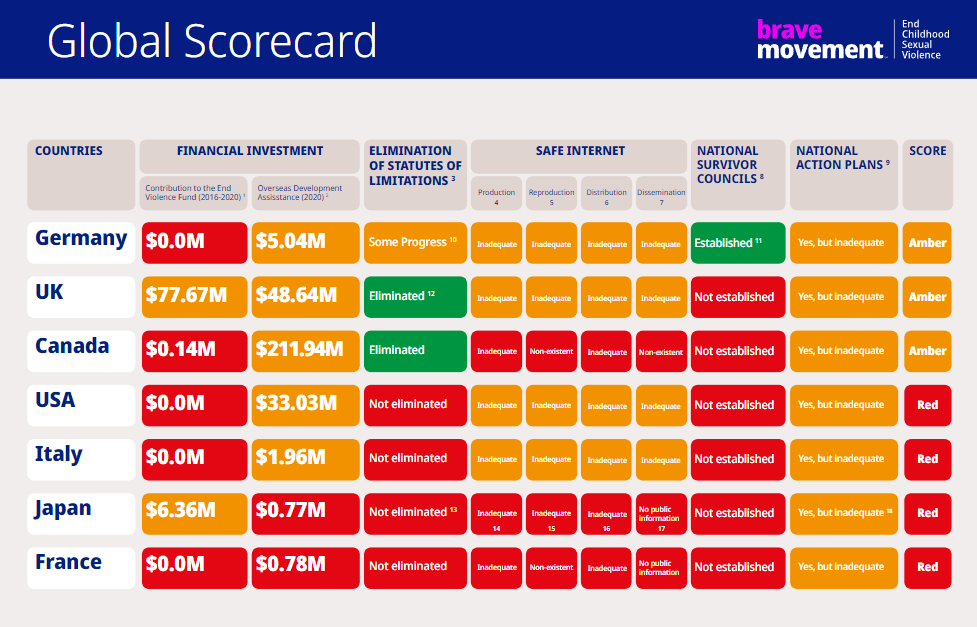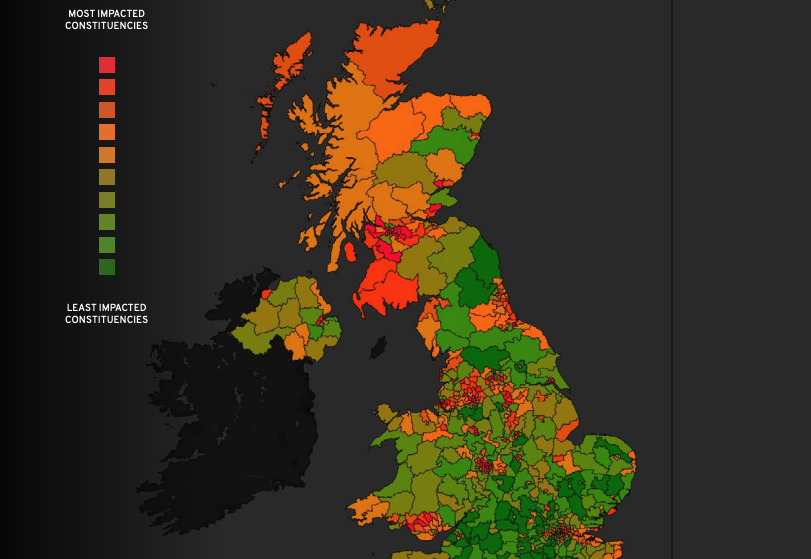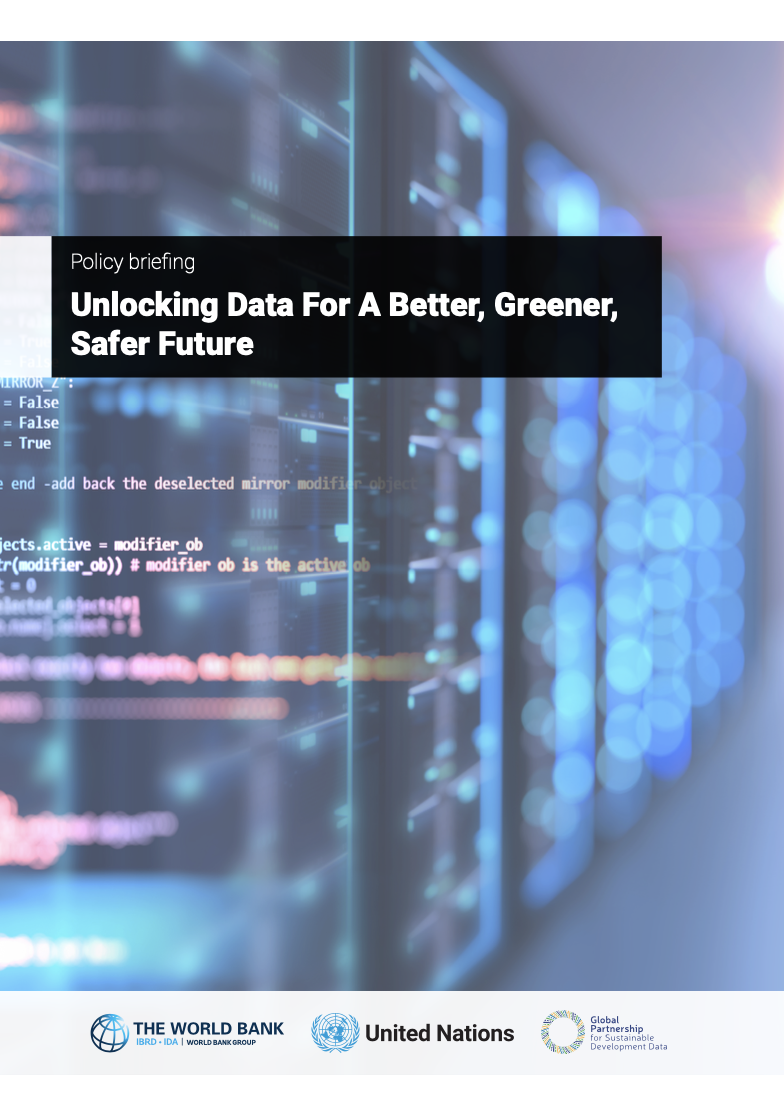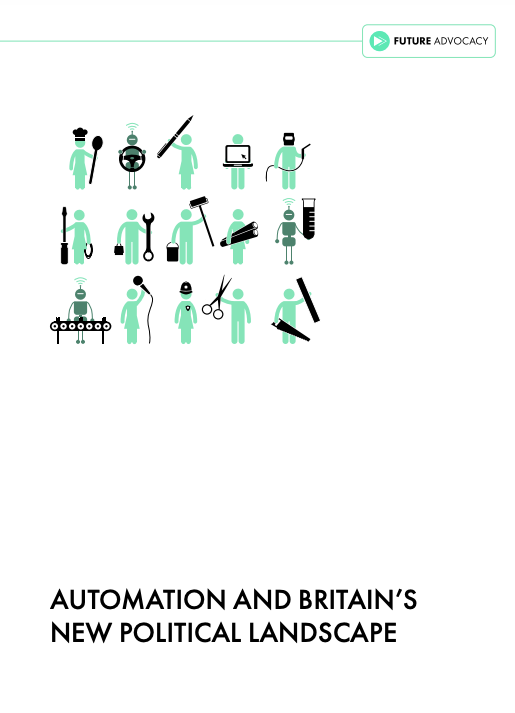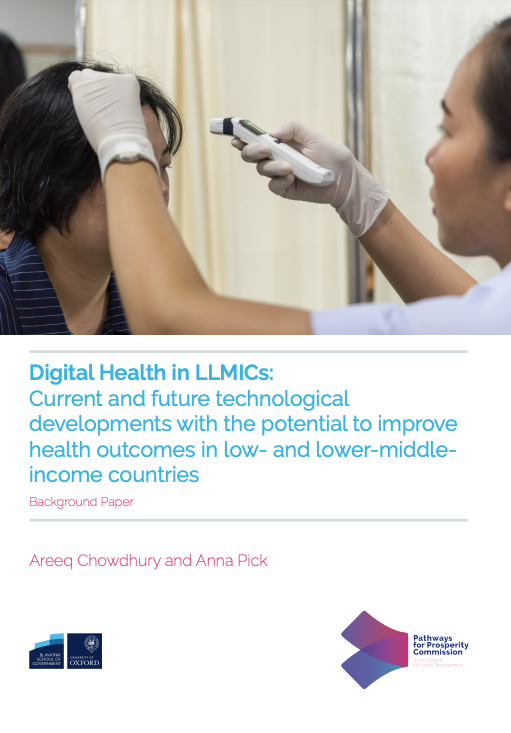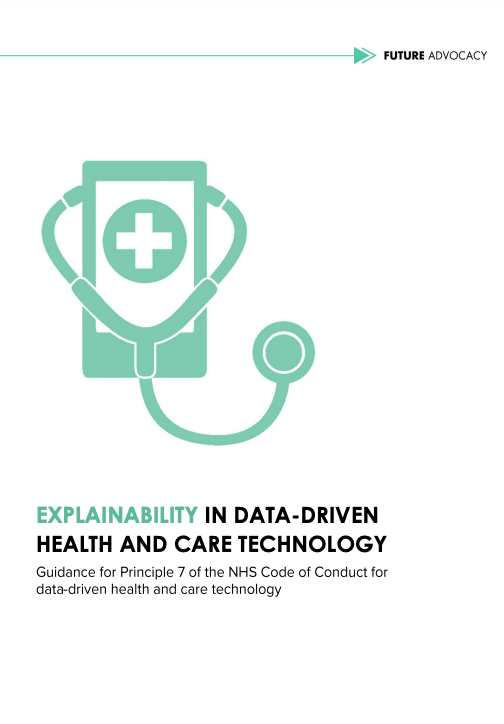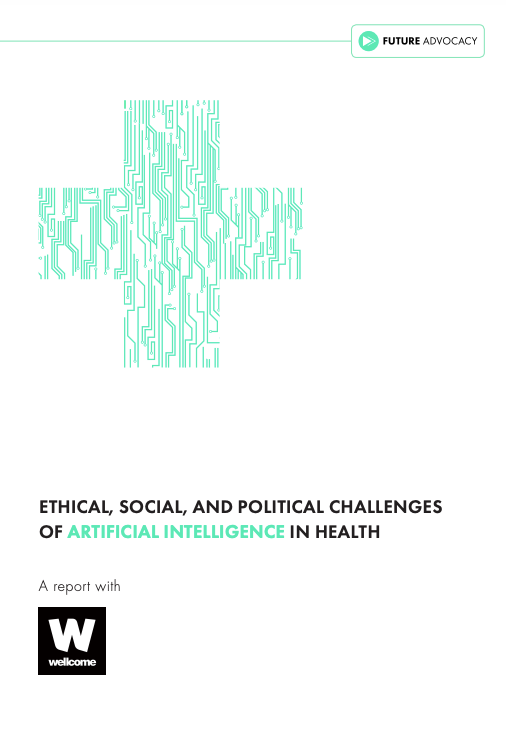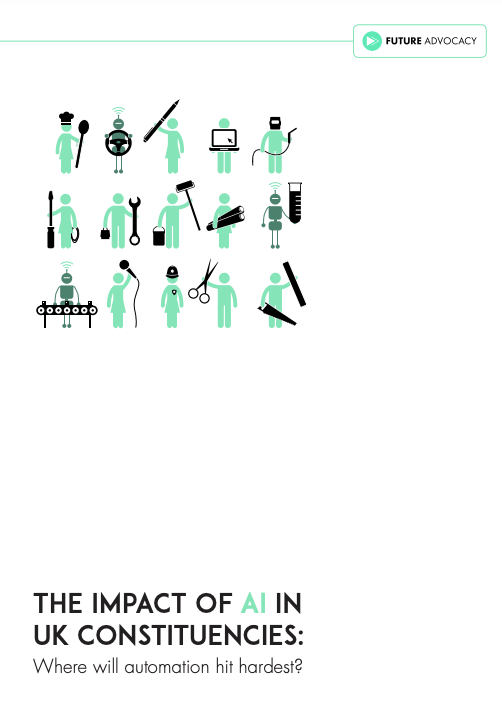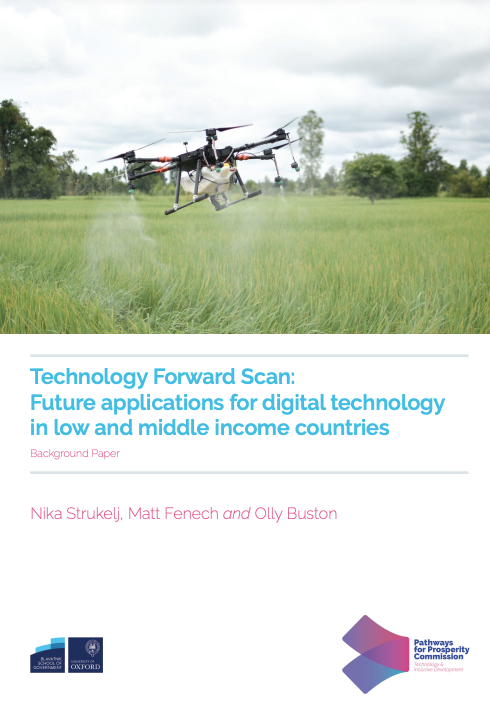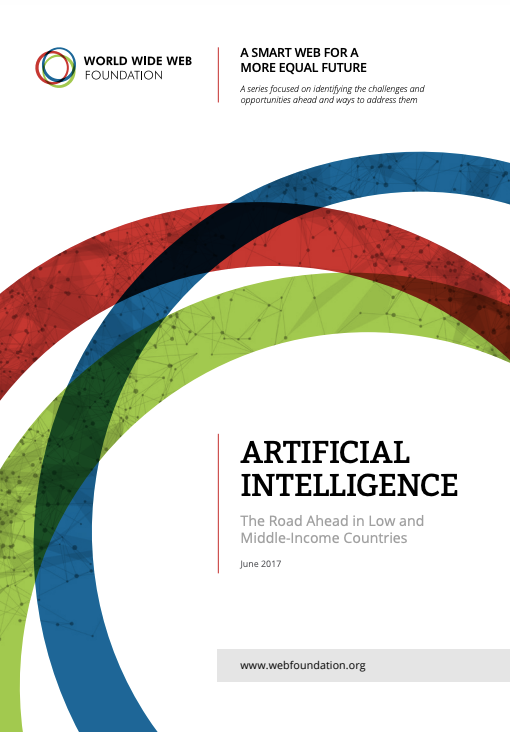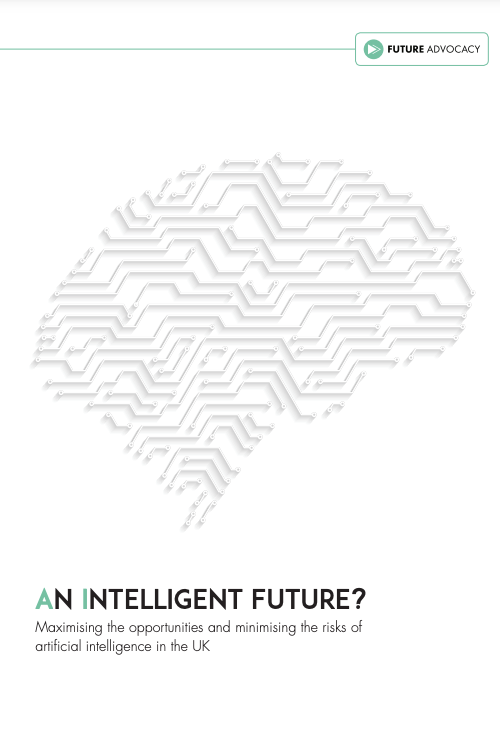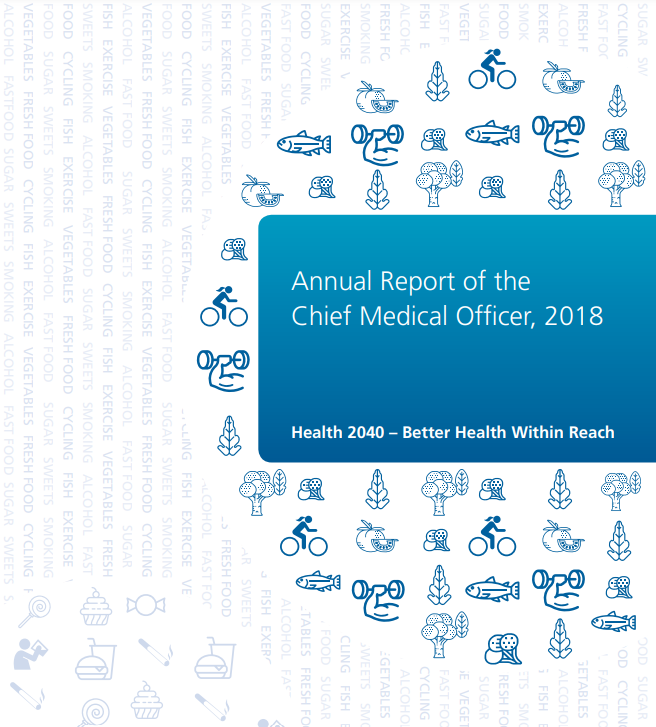RESEARCH & POLICY DEVELOPMENT
We are skilled in a wide range of quantitative, qualitative, and future-scanning techniques
CLIENT WORK
Our research approach is thorough, solutions-focused and guided by curiosity. We are able to turn complicated analysis into clear compelling reports with strong propositional policy ideas. We have deep knowledge of a wide range of policy areas including health; food; nutrition; agriculture; international development; education; and the social impact of artificial intelligence and other emerging technologies.
We are skilled in a wide range of quantitative, qualitative, and future-scanning techniques. Here are some of the services we deliver for our clients:
- Original qualitative and quantitative research
- Policy analysis
- Development of policy asks
- Thought leadership
- Data visualisation
- Tailoring research for advocacy and media
PUBLICATIONS
We have published reports independently and for clients across multiple policy areas. These reports are grounded in our thorough analytical approach and keen political awareness.We are very happy to have produced this policy briefing for our friends at the Global Partnership for Sustainable Development, the United Nations, and the World Bank. It is part of a call to action for high-quality data to be at the foundation of investments in sustainable development, pandemic recovery, climate action, and emergency response.
Technology is reshaping the world of work. The potential impacts of automation on the future of work across Great Britain is the focus of this report, highlighting the 8 million jobs at the risk of automation. In particular, it explores how the effects of automation will be felt unevenly across the country by the early 2030s, focusing on job automation in the ‘red wall’ seats.
In low- and lower-middle-income countries (LMICs), digital health has great potential to strengthen healthcare provision for the most vulnerable. There are, however, a number of hurdles to overcome. This report, commissioned by the Pathways for Prosperity Commission, explores current and future technological developments that have potential to improve health outcomes. The report builds on 18 expert interviews and makes a number of concrete recommendations for key actors.
Future Advocacy was commissioned by NHSX to produce guidance for adherence to Principle 7 of the NHS code of conduct on data-driven health and care technologies, which relates to the explainability of algorithms. This report is built upon a series of expert interviews and roundtables and feeds into the wider work of NHSX concerning the use of artificial intelligence in healthcare. The guidance is particularly aimed towards developers of AI healthcare technology solutions.
As artificial intelligence takes on an expanded role in health and care, it is crucial to identify the potential challenges its current and prospective uses pose. Building on insights taken from a detailed review of existing literature and interviews with more than 70 experts across the world, this report commissioned by the Wellcome Trust explores whether these new technologies pose new challenges to existing ethical principles.
There is widespread agreement that levels of automation in the UK are increasing, but it is yet unclear what the impact of this will be for the workforce. This report examines how job automation will play out across each parliamentary constituency in the UK, producing a geographically sophisticated understanding of what the future of work may look like.
Through a detailed literature review and interviews with industry experts, this report examines seven emerging technologies and the potential impact they may have on economic inclusion, human development, and quality government in low and middle income countries. The report concludes with key recommendations for policymakers based on some of the overarching challenges associated with these emerging technologies.
Although artificial intelligence (AI) is not new, there has been a recent explosion of interest in the field. Much of research has been focused on the implications of AI for people in higher income countries. This report, commissioned by the Web Foundation, explores the implications of AI on people living in low and middle-income countries for whom additional risks and opportunities apply, unique to their social and economic contexts.
We are in the early stages of an intelligence revolution. Artificial intelligence (AI) already permeates many aspects of our lives from the stock market, to filtering our email spam, recommending products to buy and even navigating driverless cars. The fast-moving development of AI presents huge economic and social opportunities, but will simultaneously bring significant risks. To ensure that the UK can play an important role in shaping and directing global debate surrounding AI, this report makes a series of concrete policy recommendations to the UK government on how it can successfully maximise the opportunities and minimise the risks it may bring.
As part of our work with Bite Back 2030, Future Advocacy worked on a youth-led report documenting young people’s experience with food during Covid-19, outlining the change young people want and the solutions that can make that happen.
Future Advocacy co-authored Chapter 13 of the Chief Medical Officer’s Annual Report, which considers what the state of the public’s health in England in 2040 could look like. The report concludes that alongside reasons to be optimistic, it should be easier to take the healthy option, and the use of using emerging technologies is one pathway towards a healthier future and reduced inequalities. The chapter considers the effects of introducing technologies like AI, for example on the doctor-patient relationship, and what degree of algorithmic transparency may be required in this safety-critical sector.
